Laufende Forschungsprojekte und Kooperationen
Ensuring public health through mobilizing death
Expectations as future-making practices in the bioeconomy of transgenic mosquitoes
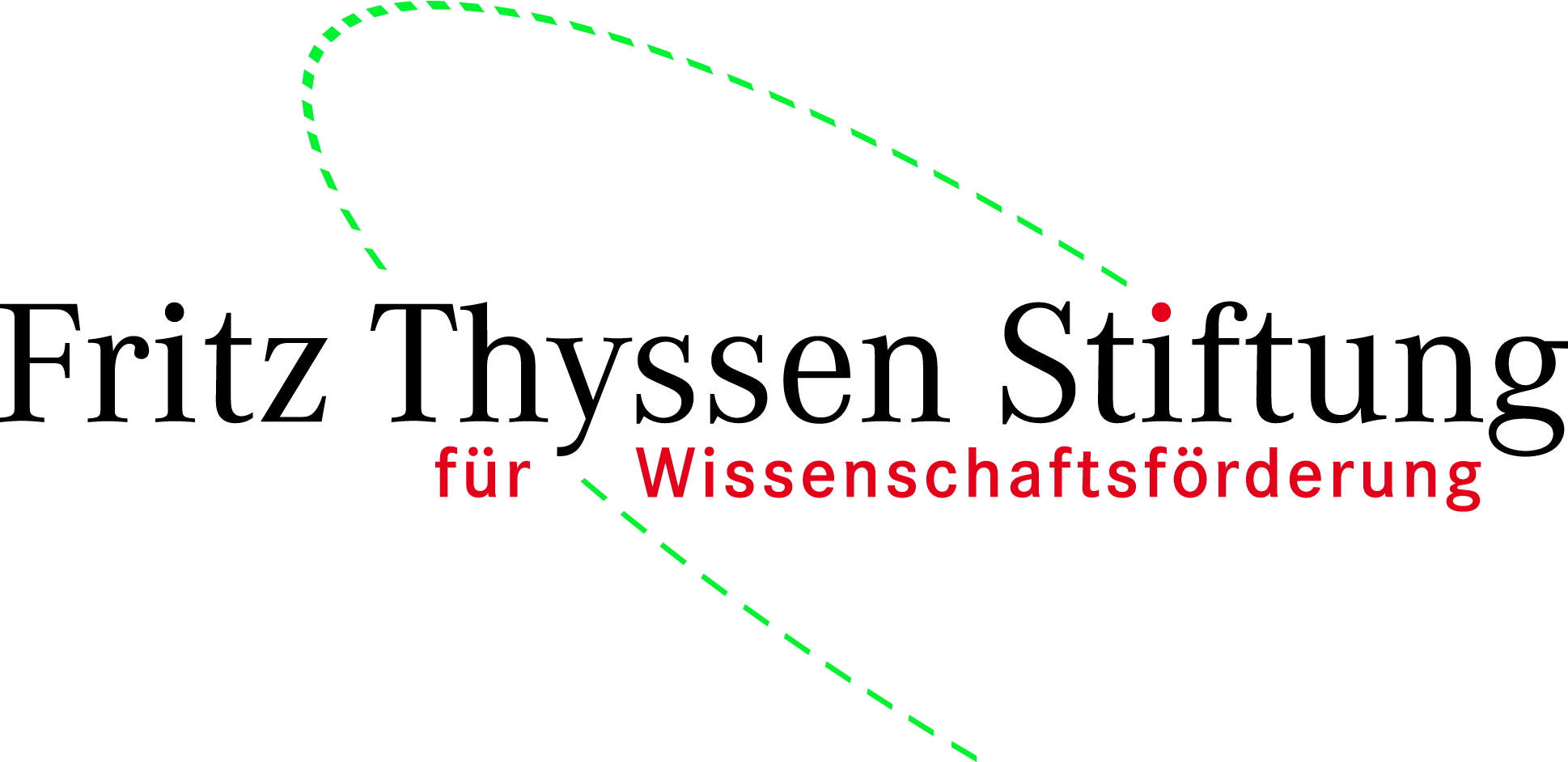 |
|
Mosquito-borne diseases such as the Zika virus and malaria are increasing dramatically word wide. As traditional methods of vector control prove to be little effective and often harmful to local ecosystems, new approaches are sought for tackling this public health crisis. Amongst the most promising ones are genetic strategies which use the mosquitoes’ own biology and reproductive capabilities against themselves. These approaches not only turn the mosquitoes into a public health tool but also promise the large-scale eradication of mosquito-borne disease.
Starting from the hypothesis that rather than only commodifying the vital processes of ‘life itself’ (Franklin; Rose), death and eradication is inscribed into the mosquitoes’ genetic code in order to ensure public health, the aim of my research is twofold: First, I explore the role of expectations as future-making practices in the bioeconomy of transgenic mosquitoes through which not only ‘speculative value’ (Sunder Rajan) is generated but also particular futures made present at the exclusion of others. Second, I argue that these novel genetic strategies mark a broader shift in molecular genetics from the production of ‘biovalue’ (Waldby) to what I will call ‘necrovalue’—that is, the technoscientific mobilization and economization of death itself as that which entails value. (Project: Az. 20.21.0.010SO)
Cryosocieties
Suspended Life - Exploring Cryopreservation Practices in Contemporary Societies
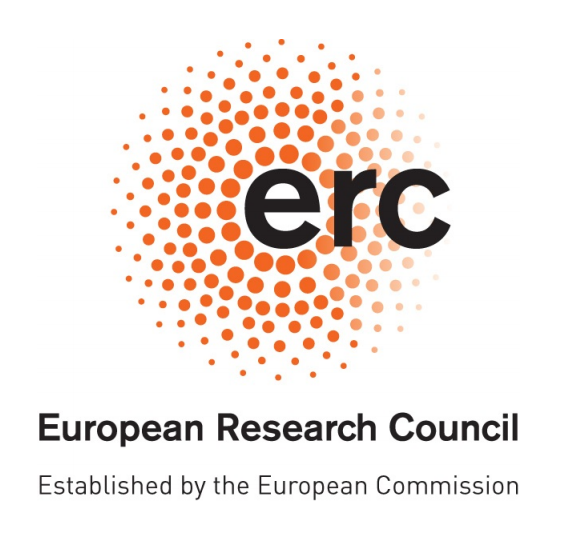 |
|
Die Kryobiologie hat in den vergangenen Jahrzehnten einen enormen Aufschwung erfahren. Immer mehr Arten von Gewebe und zelluläres Material können eingefroren, gelagert und wieder aufgetaut werden, ohne einen nachweisbaren Verlust an Vitalität. Heute stellen kryobiologische Praktiken nicht nur eine wichtige infrastrukturelle Bedingung für viele medizinische Anwendungen und einen wesentlichen Motor biowissenschaftlicher Innovationen dar, sondern sie bilden zentrale Optionen für individuelle Reproduktionsentscheidungen ebenso wie die Erhaltung der globalen Biodiversität.
Das Projekt Cryosocieties untersucht die Auswirkungen der Kryokonservierung auf unser Verständnis des Lebens. Es geht von der These aus, dass kryobiologische Praktiken eine spezifische Form des Lebens hervorbringen, die wir „suspendiertes Leben“ oder im Englischen „suspended life“ nennen. Sie hält vitale Prozesse in einem Schwebezustand zwischen Leben und Tod, in welchem die biologischen Substanzen weder völlig lebendig noch gänzlich tot sind. Ziel des Projekts an der Schnittstelle zwischen Biologie, Soziologie und Technik ist es zu untersuchen, wie Kryopraktiken zeitliche und räumliche Beziehungen und Konfigurationen sowie unser Verständnis von Leben und Tod, Gesundheit und Krankheit, (Un-)Fruchtbarkeit und Nachhaltigkeit verändern. Thomas Lemke und sein Team werden in drei verschiedenen Kontexten untersuchen, wie „suspendiertes Leben“ in aktuellen Praktiken der Kryokonservierung hervorgebracht wird. Die Teilprojekte befassen sich mit dem Einfrieren von Nabelschnurblut als Vorbereitung auf spätere regenerative Therapien, mit der Kryokonservierung von Eizellen für Reproduktionszwecke sowie mit dem Aufbau von Kryobanken für den Erhalt bedrohter oder bereits ausgestorbener Tierarten.
Weitere Informationen
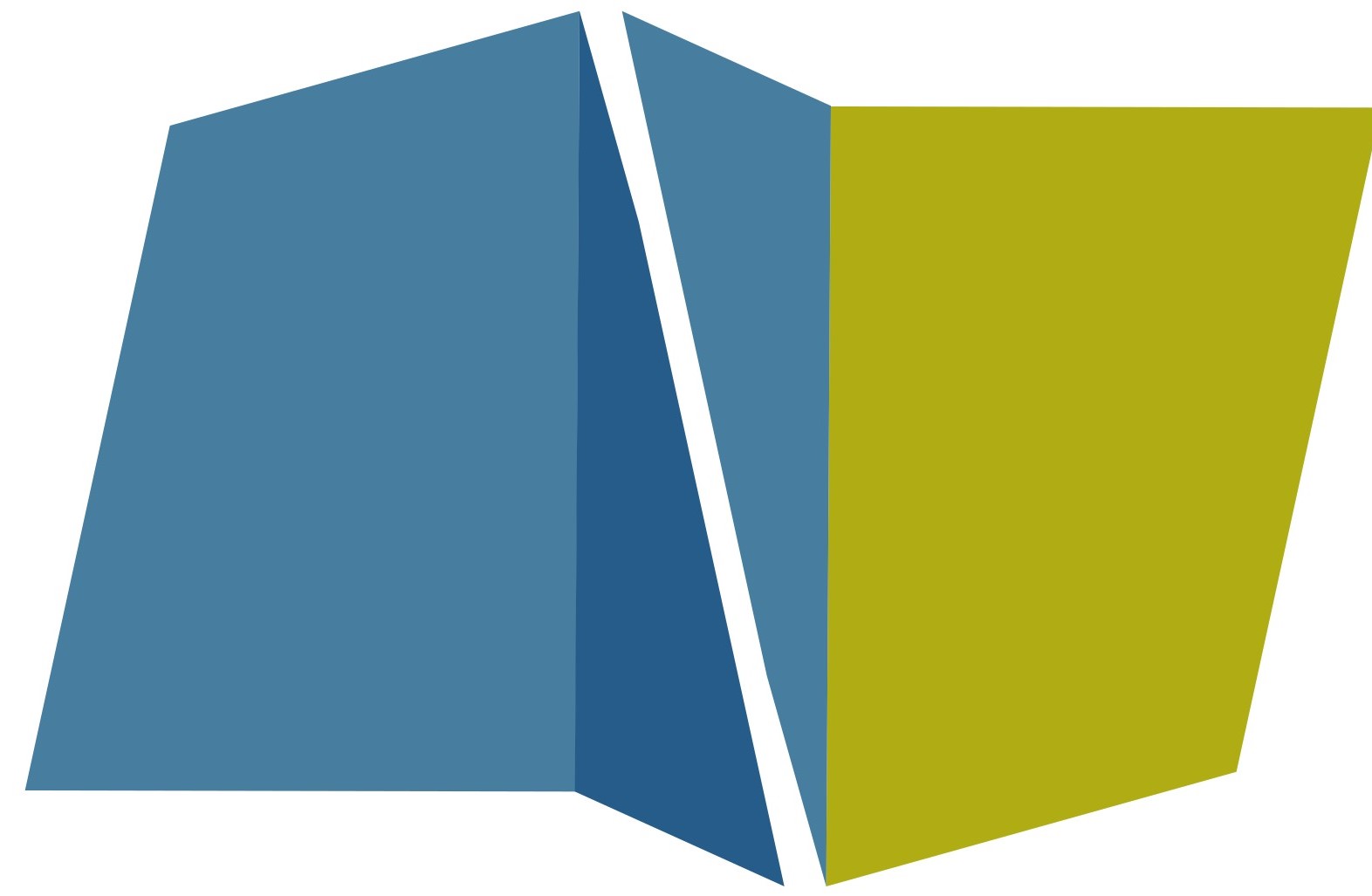
LaSST
Lab for Studies of Science and Technology
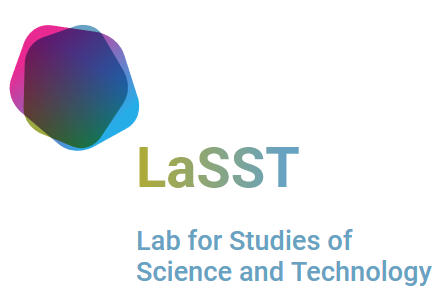 |
The Lab for Studies in Science and Technology (LaSST) is an interdisciplinary research network established in 2019. It brings together sociological, anthropological and geographical expertise to investigate the complex challenges of technoscientific developments in contemporary societies. LaSST is dedicated to initiating collaborative projects in teaching and research, and aims at coordinating the activities of scholars working on science and technology at Goethe University in Frankfurt am Main and beyond. |
LaSST hosts the MA program “Science and Technology Studies: Economies, Governance, Life" at the Goethe University Frankfurt. The program is coordinated by the Institute of Cultural Anthropology and European Ethnology, and invites students from inside and outside of Germany to apply.
Another important activity of LaSST is the 'Frankfurt Kitchen STS'– a discussion group that brings together sociologists, cultural anthropologists, political scientists, human geographers, literary scholars, historians of science and others interested in old debates and new developments in Science and Technology Studies. The name has (at least) two components. First, it refers to the location of the meetings: the kitchen area of the Sociology Department at the Goethe University (PEG 3G 204). Second, it alludes to the famous Frankfurt Kitchen: a political technology that serves as a constant reminder that in design oppression and liberation are hardly ever separable from each other. The 'Frankfurt Kitchen STS' is not a reading group; rather, it provides space for engaging in discussions about STS with the help of guests, texts and other materials.
Weitere Informationen
Contested Legitimacy of Regenerative vs. Established Biomedicine in Brazil
On the Circulation and Co-regulation of Immunostimulant Therapies for Autoimmunity
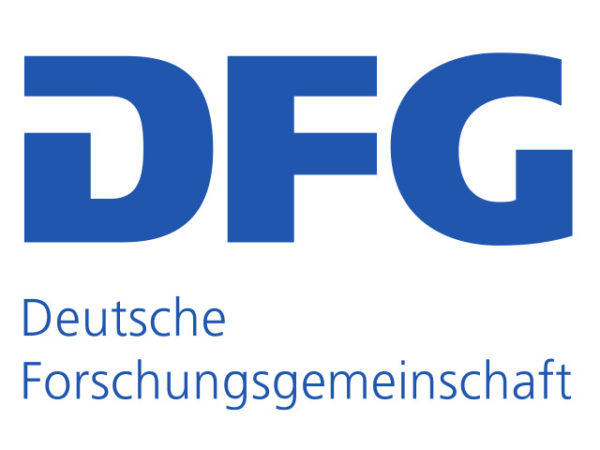 |
|
How does the development of a new therapeutic model, whose potential emergence threatens the hegemony of an already established biomedical model, affect, and how is it affected by law, science and society? To anchor this question in a particular context, I conduct an anthropological study into how scientific innovation, established biomedicine and informal health care co-exist and interface in contemporary Brazil, and how their relations are mediated by legal institutions and other actors. For it, I delineate and explore ‘life assemblages’ related and interconnected through the use of ‘immunostimulant drugs’ for the treatment of autoimmune diseases, which are conventionally treated with ‘immunosuppressant drugs’ worldwide.
My central case study is the ‘anti-brucellic vaccine’ (VAB) – a drug that was produced in Brazil and largely used by patients against several autoimmune diseases. After more than 10 years seeking to become authorized by medico-legal authorities, the VAB remained an object of controversies and was recently taken as basis for the development of a further biotechnological innovation called Complex of Essential Amino Acids (CAE) that is currently experiencing a process of approval. So much so that it is currently commercialized as a ‘manipulated/experimental drug’ while clinical tests are running in parallel.
Inspired by Actor-Network-Theory, I follow the VAB/CAE in order to re-trace associations and map the main relations that have constituted it as a biotechnological innovative agent and, simultaneously, as an object of judicial dispute and regulation. Related to that I compare the VAB/CAE case to other cases of circulation and regulation of immunostimulant drugs as contested innovations in Brazil, such as the synthetic phosphoethanolamine. In so doing, I weave an ethnography of the VAB/CAE out of a multi-sited ethnographic fieldwork through participant observation (including autoethnography) and, complementarily, digital methods and documentary research.
It seems that, from an international perspective, the VAB/CAE case reveals how research into the production, circulation and regulation of immunostimulant therapies for autoimmune diseases in Brazil can provide critical insights into the emergence of regenerative medicine as a transnational process. Moreover, whilst shedding light on legal conflicts between established regulatory science and challenging innovative biotechnologies, the VAB/CAE case highlights how the renewal of established biomedicine for autoimmunity partially unfolds by means of informal pharmaceutical economies, other cultures of legality and respective moralities.
- Aktuelles und Presse
- Pressemitteilungen
- Öffentliche Veranstaltungen
- Uni-Publikationen
- Aktuelles Jahrbuch
- UniReport
- Forschung Frankfurt
- Aktuelle Stellenangebote
- Frankfurter Kinder-Uni
- Internationales
- Outgoings
- Erasmus / LLP
- Goethe Welcome Centre (GWC)
- Refugees / Geflüchtete
- Erasmus +
- Sprachenzentrum oder Fremdsprachen
- Goethe Research Academy for Early Career Researchers
- Forschung
- Research Support
- Forschungsprojekte, Kooperationen, Infrastruktur
- Profilbereich Molecular & Translational Medicine
- Profilbereich Structure & Dynamics of Life
- Profilbereich Space, Time & Matter
- Profilbereich Sustainability & Biodiversity
- Profilbereich Orders & Transformations
- Profilbereich Universality & Diversity





